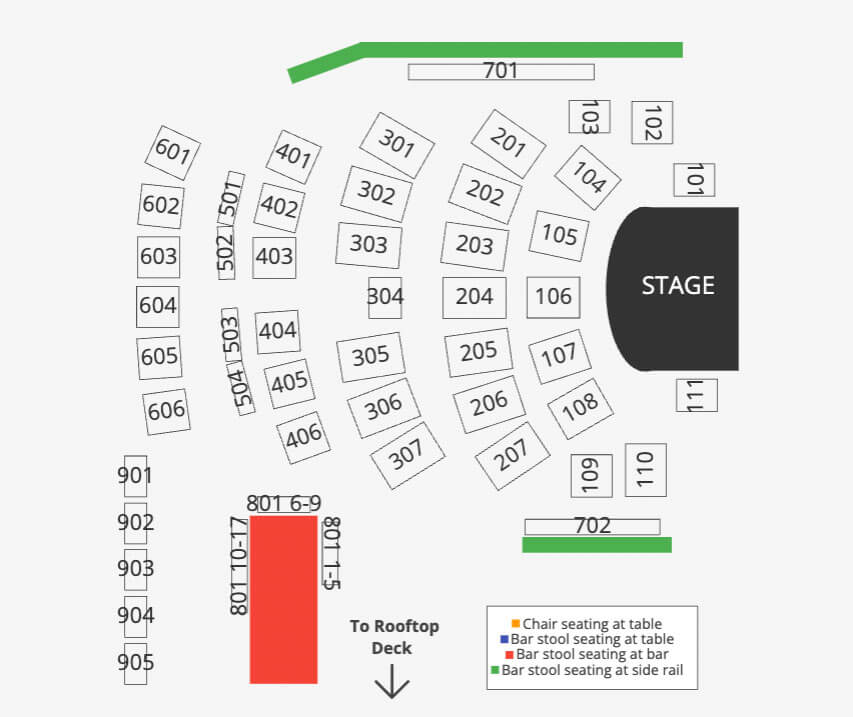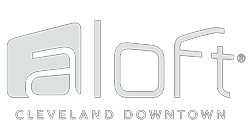Parker Millsap + Nat Myers

Folksy Blues & Americana
MEMBER ONSALE/ARTIST PRESALE: 7/23
PUBLIC ONSALE: 7/25
EARLY PURCHASE OPTION: If you are not a member of our VIP Program, you can join today, and buy tickets today to this show. After clicking BUY TICKETS, click JOIN NOW and choose NEW MEMBER TICKETS. The cost of the VIP Program will be added to your shopping cart.
Why you should see this show…
What they’re saying about Parker Milsap:
“Last night in Atlanta, I saw one of the best concerts I have ever seen. Parker Millsap & Sarah Jarosz. Both were astonishingly good…it restored my faith in music.” – Elton John
“I wasn’t prepared for the wild, vast power of his voice and his remarkable charisma. This guy can yodel, he can sing a soul song for real and wiggle his legs like Elvis. A star in the making – Ann Powers, NPR
“A spiritually minded, if not outright spiritual, songwriter… – Rolling Stone
“Soaring harmonies, left-of-center biblical influences, and total abandonment of traditional genre restriction.” – SPIN
And Nat Myers:
A poet with a staggering and true voice, Korean-American troubadour Nat Myers’ folksy blues and remarkable pickin’ are authentic, timeless, and enduring.
“…reverberates with the sound of a deep bluesman from the 20s and 30s. The Korean-American’s sprightly unplugged picking is a combination of blues legends like Blind Boy Fuller, Charlie Patton’s mournful dirt road blues, Leadbelly’s crafty storytelling, and Blind Willie McTell’s dexterous plucking. – American Songwriter
Parker Millsap Bio
Parker’s early releases showcased a mastery of acoustic folk rock, with their flourish for revelation and fiery dynamics. Be Here Instead, Millsap’s 2021 release produced by John Agnello, hinted at the wildness to come while exploring newer, more personal songwriting styles. Parker’s newest album, Wilderness Within You, is a natural step in Parker’s evolution which interweaves threads of his musical past and newer influences to gorgeous effect.
Nat Myers Bio
Myers’ story starts in Kansas, but quickly moves to West Tennessee and then Northern Kentucky. Even as a child, he was a restless spirit: “I had a rowdy little childhood. My parents signed me up against my will to play in the school band, but I hated it. I pulled a Who on my trumpet and just destroyed it.” Instead, he spent his days skateboarding and listening to pop-punk and hardcore. “My mom got me a left-handed starter guitar, just trying to keep me away from the riffraff I was hanging out with. I kept hanging out with them, but now I had a guitar.” Even as he developed a deft picking style, Myers didn’t harbor great ambitions to be a musician. His true passion was poetry, especially the classics all high schoolers read but most quickly forget: Shakespeare and Homer, but especially The Odyssey, that epic of endless wandering. “I love the exercise of putting pen to paper. It’s the same way I feel about putting a needle down on vinyl. Magical things can happen.”
Poetry sharpened his musical interest, especially in the blues his father loved so much. “It dawned on me that the real American epics were being told by these itinerant musicians from the ‘30s and ‘40s, even before recorded sound. That’s when I did my deep dive into the blues, so I could write my own epic.” He studied poetry at the New School in New York City, where he worked odd jobs to make ends meet. Eventually he started busking on street corners and in subway stations, playing a few covers and a lot more originals for commuters and tourists. “The first day I went out busking, I made $20. Not great, but it was a godsend. I was making my first money as a poet. That’s when I realized that what poets need to be doing right now is performing.”
Covid eventually put an end to his performing career, and Myers retreated back home, waiting out the pandemic and uploading videos of his performances to social media. Those clips caught the ear of Dan Auerbach, the Black Keys frontman and founder of Easy Eye Sound Records, who reached out and asked to meet up in Nashville. “We hung out at his studio, talked about the blues, talked about O Brother Where Art Thou and the impact that movie had for the music we both love. I felt like I’d found a good group of Goonies.” Myers made several more trips down to Nashville to co-write with Auerbach, famed songwriter Pat McLaughlin, and blues legend Alvin Youngblood Hart. Rather than record at Auerbach’s studio—where most of Easy Eye’s artists work—they set up a makeshift studio at Auerbach’s home, a 100-year-old stone house on several acres in Nashville. It turned out to be a more apt setting for Myers’ folk blues than a windowless studio, as though they were capturing a bit of American history in the ambiance of the front room and in the stomp of Myers’ foot on the hardwood floor.
Myers and Auerbach cut a dozen songs in three days, and the mood, like the music, was jubilant and energetic. “We were all hootin’ and hollerin’ and havin’ a good-ass time. We did a number of takes on Yellow Peril, and Dan’s fingers started to bleed. His thumb was blistered to shit, but he didn’t care. We just kept playing harder and harder.” It was crucial to get that song in particular just right, to capture the frenetic pace of the lyrics, which Myers wrote during the pandemic, just before the Stop Asian Hate movement took off. “I knew they were going to blame us yellow folks for the virus. I’d felt it already. Asian Americans are the fastest-growing demographic in this country, but we’re also the poorest in terms of the wealth gap in America.”
He put all that fear and anger and determination into a droning blues number, but the song took on new life when he arrived in Nashville, where they juiced the tempo and added a howling chorus. “Dan and Pat and I talked about, What’s the movement supposed to be? It should have a poetical movement that leads to its conclusion: We all just want to have a little fun before we die/Ain’t no difference between you and I. Maybe that’s idealistic, but I thought it needed a good message.” The term yellow peril took on incredible importance during the sessions, as it speaks to the way Myers is perceived as a Korean American, as someone who represents a threat to America. “When I bring it up with an Asian person, they immediately know what I’m talking about. But 99 percent of this country doesn’t know what it is. It’s a very evocative term, and I liked the idea of putting that concept into a blues song.”
Steeped in history, in poetry, in old 78s, Yellow Peril nevertheless sounds current, capturing its creator’s idiosyncrasies as well as the country’s contradictions. Not only did these songs help Myers connect with his own heritage, but they allow him to keep moving through America—onward as well as upward. “I wasn’t raised with a clear understanding of my Asianness, and I didn’t really have a consciousness about who I was as a Korean American until very recently. I got very militant about it during the pandemic, and while I’ve chilled out a little since then, I’m all about Yellow Power. I want this record to raise my folks up.”
Dining Option
Our Concert Hall menu is fast to the table and allows you to dine right in your ticketed seat. Tableside food service will start 2 hours before showtime and the kitchen will close approximately halfway through the show. Tableside beverage service will continue throughout the concert.




